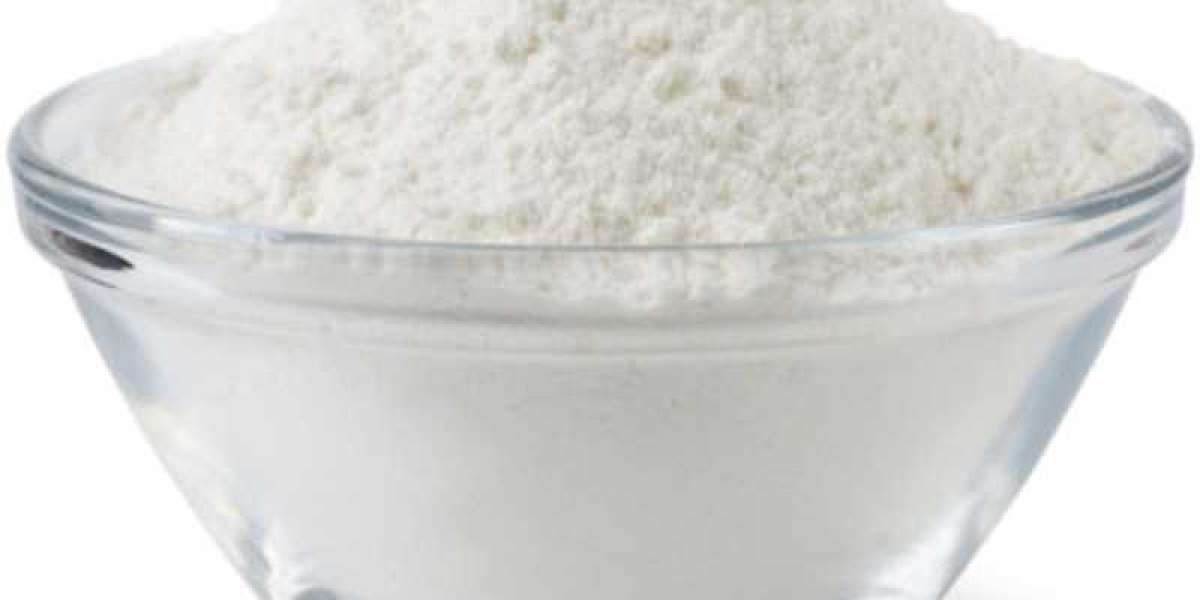By adhering to these practices, chemical suppliers can ensure they meet international standards, maintain customer trust, and operate sustainably in a highly regulated industry.
Chemical suppliers ensure compliance with international standards through a combination of robust internal policies, adherence to recognized certifications, and continuous monitoring and improvement. Here’s how they achieve this:
1. Adopting Comprehensive Quality Management Systems
Chemical suppliers often implement Environmental Health and Safety (EHS) management systems to standardize procurement policies and compliance procedures. These systems help in:
2. ISO Certifications
ISO certifications are crucial for chemical suppliers to demonstrate compliance with international standards. Key certifications include:
ISO 9001: Ensures consistent product quality through a robust Quality Management System (QMS).
ISO 14001: Focuses on minimizing environmental impact through an Environmental Management System (EMS).
ISO 45001: Safeguards workers and minimizes workplace hazards through an Occupational Health and Safety Management System (OHSMS).
ISO 27001: Protects sensitive information through an Information Security Management System (ISMS).
3. Regulatory Compliance
Chemical suppliers must adhere to various national and international regulations, such as:
REACH (Registration, Evaluation, Authorization, and Restriction of Chemicals) in Europe.
OSHA (Occupational Safety and Health Administration) in the US.
GHS (Globally Harmonized System of Classification and Labeling of Chemicals) for standardized labeling.
4. Good Manufacturing Practices (GMP)
For industries like pharmaceuticals, GMP is essential to ensure products are consistently produced and controlled according to stringent quality standards. This includes:
Controlled manufacturing environments to prevent contamination.
Thorough documentation for traceability.
Regular audits and inspections to maintain compliance.
5. Product Testing and Traceability
Robust product testing protocols are essential to verify the quality, purity, and safety of products. Suppliers should conduct:
Analytical testing to ensure products meet required specifications.
Stability testing to determine shelf life and storage conditions.
Batch traceability to track raw materials and finished products through the supply chain.
6. Environmental and Sustainability Standards
Chemical suppliers are increasingly focusing on sustainability practices, such as:
Using renewable raw materials and energy-efficient processes.
Implementing waste management systems to reduce byproducts.
Complying with standards like ISO 14001 and initiatives like Responsible Care.
7. Continuous Improvement and Training
Continuous improvement strategies, including:
Staff Training: Specialized training in technical knowledge of products, market, and regulatory trends.
Internal and External Audits: To verify compliance with international standards and identify opportunities for improvement.
Voluntary Certifications: Such as NSF and Ecolabel to guarantee quality and adaptability in various markets.
8. Anticipating Future Regulations
Chemical suppliers must stay ahead of emerging regulations, such as:
By adhering to these practices, chemical suppliers can ensure they meet international standards, maintain customer trust, and operate sustainably in a highly regulated industry.








